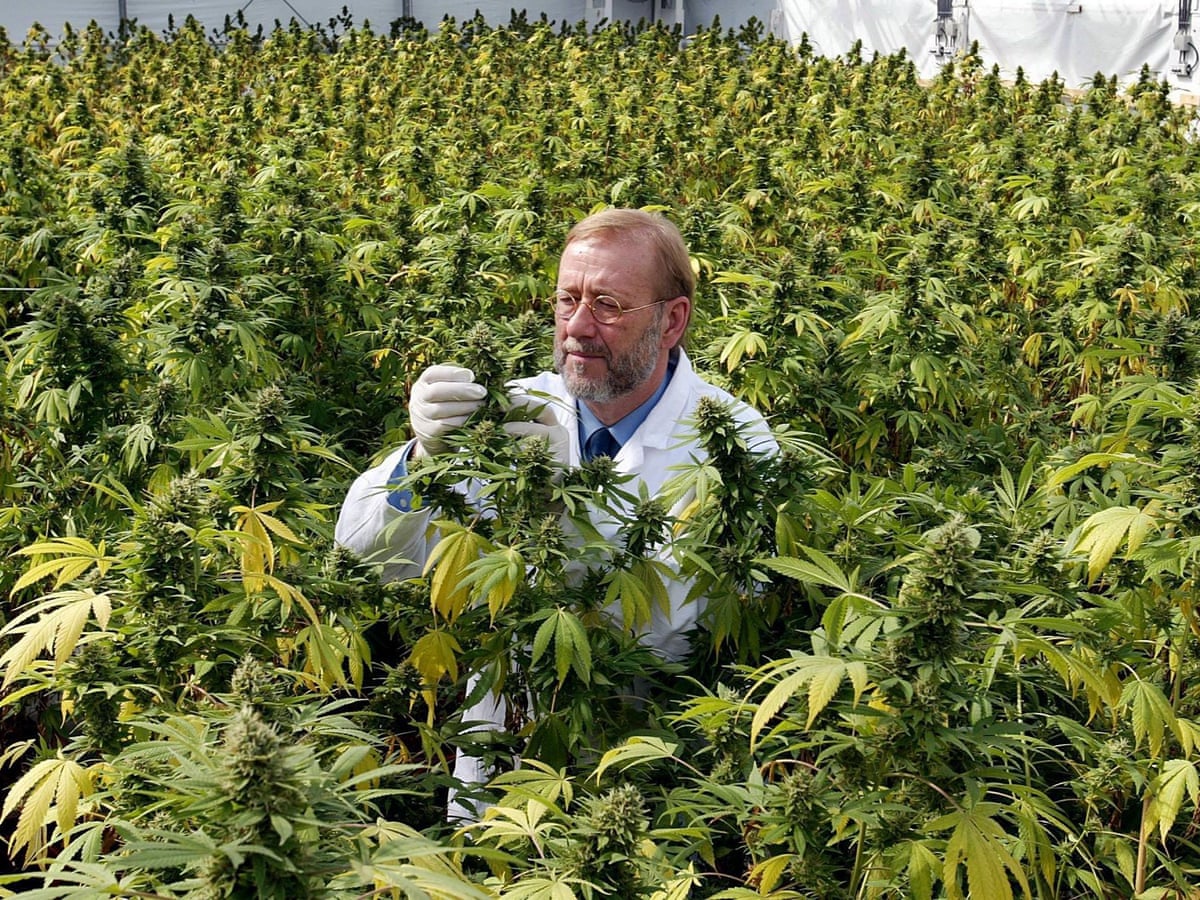
America has embraced the use of cannabis more openly. Many states are considering the idea of marijuana legalization as a medicinal drug. Millions of people use it for recreational purposes, though federal law still considers it illegal in some states. However, 19 American states have legalized recreational use, while 37 have legalized it for medicinal purposes. This move means that the future looks bright for cannabis users in America and globally.
Read on and gain more insights about the cannabis industry and its future in America.
Medical Marijuana
The healthcare industry has always supported using marijuana to manage chronic diseases. These include cancer, Parkinson’s disease, and other neurodegenerative disorders. The medics have strongly argued about how the drug helps with chronic pain and makes the lives of patients easier. That is why many states have warmed up to cannabis legalization.
Numerous weed dispensaries have emerged in the states where weed is legal, simplifying access to marijuana’s therapeutic benefits for people who need it. One of the many effective weed strains is the Gelonade, which helps patients with depression, chronic stress, fatigue, or pain. So, you can access hundreds of useful strains and get competent advice on selecting the right cannabis product fitting your condition in one of the local dispensaries. However, a medical marijuana card is needed to purchase the drug legally. Usually, the state issues the cards to people suffering from certain illnesses upon the doctor’s prescription.
State Economy
The states that have legalized recreational cannabis are reaping big in revenue collection. The estimated market value in 2022 is $33 billion, while the market value by 2030 lies at 42.3 billion. So, the cannabis industry is rapidly growing, without a doubt.
The sale of weed has generated millions of dollars, which is an economic boost for many states. If more states legalize marijuana on a federal level, the effect on the tax revenue will be high. Many users would purchase the drug freely without fear of prosecution. By 2025, legal weed could bring over $100 billion in taxes into the US economy. Therefore, more states might consider legalizing pot under stringent regulations, earning fair taxation revenue from weed dispensary operations.
Employment
Despite being stigmatized, the cannabis industry employs many people directly and indirectly, from the farms where weed growers cultivate the herb to the dispensaries selling the drug. The value chain is huge, with many citizens benefiting from the business. Currently, the industry employs over 420,000 full-time workers, and it is estimated to grow to 600,000 by 2025. Other reports reveal that by 2025, the industry could create over 1 million jobs. In a nutshell, weed is a viable source of income for many people.

Investment Opportunities
The weed business in America is huge, with the current market value ranging in billions. It is evident that the industry has a lot of growth potential. Both on a local and international level, legal marijuana is a hub for investment opportunities. Many global investors don’t hesitate to capitalize on the industry’s growth. However, the investment size is currently small, with many forward-looking businesspeople expecting broader legalization and, most importantly, federal decriminalization.
If the USA opts to legalize weed on a national scale, many companies will go public and sell stock shares to the public. This initiative will open up doors for serious investors, which is a plus for the economy and the industry. Besides, legalization is expected to give weed users more access to the drug.
Saved Money
Besides collecting huge amounts of revenue from the states, legal weed also benefits the users. The states that still consider cannabis an illegal drug penalize the offenders harshly, with ridiculously serious punishment awaiting even those who use weed for treatment. Such states spend huge money on the imprisonment of weed users and dealers, thus experiencing a serious budget drain for these purposes.
But if more states legalize the drug, there will be fewer prosecutions. The federal costs will drop, and citizens will not have to pay the fines. Consequently, the cost of legal weed is expected to reduce, and people will be able to save money buying safe and tested weed from certified dispensaries. Though the black market players might not be happy with the news, the individuals using medical marijuana will benefit immensely due to weed’s entry into the legal landscape of the American economy.
Final Word
The cannabis industry faces challenges because of the long war against drugs in the USA. The government experiences backlash from drug activists on the issue of weed legalization. Even though many states have lifted the ban, especially for medical marijuana, it is still a contentious subject nationwide.
Another concern that hinders the pace of weed legalization is the high rate of addiction among the youth. The cultural and social shift might affect many young people negatively. That is why regulation is paramount in legalizing cannabis.
However, even with regard to the potential risks mentioned above, the economic benefits far outweigh the negatives of legal weed. In the coming years, many states will make a move to legalize marijuana, at least for medical purposes, to derive economic profit and give more jobs and legal ways to acquire weed for Americans. Thus, given the sentiment of regular weed consumers and economy experts, it’s reasonable to expect nationwide weed legalization in the USA shortly.
